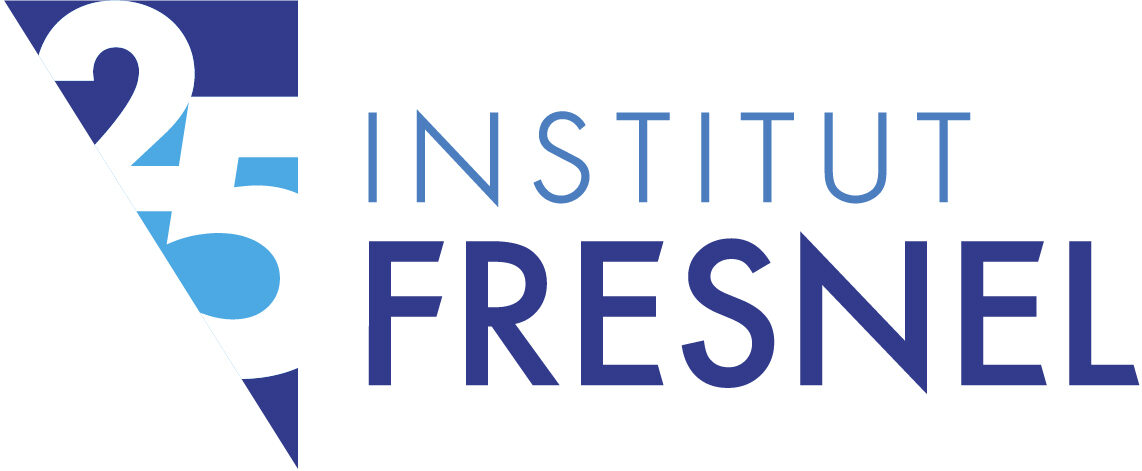Pham Minh Tuan will defend his PhD thesis entitled “The Contributions of Neural Networks and Graphs for Improved Diagnosis of Brain Disorders using FDG-PET Images : A Step towards Personalized Diagnosis” on Tuesday June 25th at 01:00 p.m. in the Amphitheater of CERIMED, Campus Santé Timone in Marseille.
The thesis was supervised by Prof. Eric Guedj (IMOTHEP team) and Prof. Mouloud Adel (GSM team). The presentation will be in English.
Abstract : The brain, as part of the nervous system, controls our thoughts and all activities throughout our body. With approximately 86 billion neurons connected through 150 trillion synapses, the human brain is one of the most complex networks. Disruptions in brain networks play an important role in many psychiatric and neurological disorders, such as depression, Parkinson’s disease, and Alzheimer’s disease, to name a few. Different types of brain disorders may have several similarities in terms of clinical symptoms and brain network abnormalities, making it difficult to distinguish between them. Therefore, it is crucially important to better understand and clarify the differences in pathologies between those brain disorders, and better identifying the abonormal groups from the normal control group. Meanwhile, Positron Emission Tomography (PET) imaging biomarkers hold great promise as diagnostic and prognostic markers for brain disorders.
For this purpose, this thesis delves into innovative approaches to enhance Alzheimer’s disease (AD) diagnosis using FDG-PET images and Machine Learning, particularly focusing on a region-based methodology, with implications for application in psychiatric disorders as well. It addresses key challenges in AD diagnosis, such as feature selection, brain atlas choices, and the importance of multiple-scale analysis. Additionally, it also explores the method for building metabolic individual brain networks. Emphasizing the significance of graph neural networks and hypergraphs, the research extends its application beyond neurological disorders like AD to encompass psychiatric disorders such as depression.
Experiments conducted on both local and public datasets show that our studies not only advance AD diagnosis but also provide insights into the contribution of neural network and graph neural networks toward better diagnosing brain disorders, paving the way for enhanced diagnostic methodologies and improved patient outcomes.

